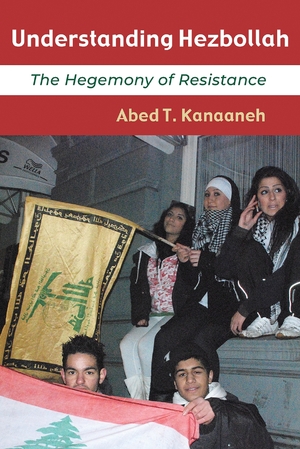"Cook demonstrates convincingly that . . . there has been a marked upsurge of interest in eschatological motifs in the modern period, especially since the Six-Day War of 1967. . . . Recommended."—Choice
"A fascinating read . . . . Readers will benefit t from Cook’s extensive knowledge of the classical apocalyptic literature in both the Shiite and the Sunni traditions. Cook’s mastery of such sources, moreover, enables him to underline the modern and popular nature of the new apocalyptic texts and expose their hybrid nature."——International Journal of Middle East Studies
"A fascinating read . . . . Readers will benefit from Cook’s extensive knowledge of the classical apocalyptic literature in both the Shiite and the Sunni traditions. Cook’s mastery of such sources, moreover, enables him to underline the modern and popular nature of the new apocalyptic texts and expose their hybrid nature."—International Journal of Middle East Studies
Description
Although apocalyptic visions and predictions have long been part of classical and contemporary Islam, this book is the first scholarly work to cover this disparate but influential body of writing. David Cook puts the literature in context by examining not only the ideological concerns prompting apocalyptic material but its interconnection with the Palestinian-Israeli conflict, Arab relations with the United States and other Western nations, and the role of violence in the Middle East.
Cook suggests that Islam began as an apocalyptic movement and has retained a strong apocalyptic and messianic trend. One of his most striking discoveries is the influence of non-Islamic sources on contemporary Muslim apocalyptic beliefs. He trenchantly discusses the influence of non-Islamic sources on contemporary Muslim apocalyptic writing, tracing anti-Semitic strains in Islamist thought in part to Western texts and traditions. Through a meticulous reading of current documents, incorporating everything from exegesis of holy texts to supernatural phenomena, Cook shows how radical Muslims, including members of al-Qa’ida, may have applied these ideas to their own agendas.
By exposing the undergrowth of popular beliefs contributing to religion-driven terrorism, this book casts new light on today’s political conflicts.
Table of Contents
1. Classical Muslim Apocalyptic Literature
2. Building a New Vision of the Future in the Wake of the Six Days’ War
3. Interpretations of the Present
4. The Controversy about Dating the End of the World
5. Qur’an 17:4–8—From Banu Isra’il to the State of Israel
6. The Mahdi and World Conquest
7. Prophecies of America, the Second ‘Ad, and Its Downfall
8. Apocalyptic Predictions Concerning Afghanistan and the Taliban
9. The Figure of the Antichrist
10. Problems with the Texts and How They Are Overcome
11. Conclusions
Works Cited
Index
About the Author
David Cook is associate professor of religious studies at Rice University. He is the author of Studies in Muslim Apocalyptic, Understanding Jihad, and Martyrdom in Islam.
Related Interest
July 2008




